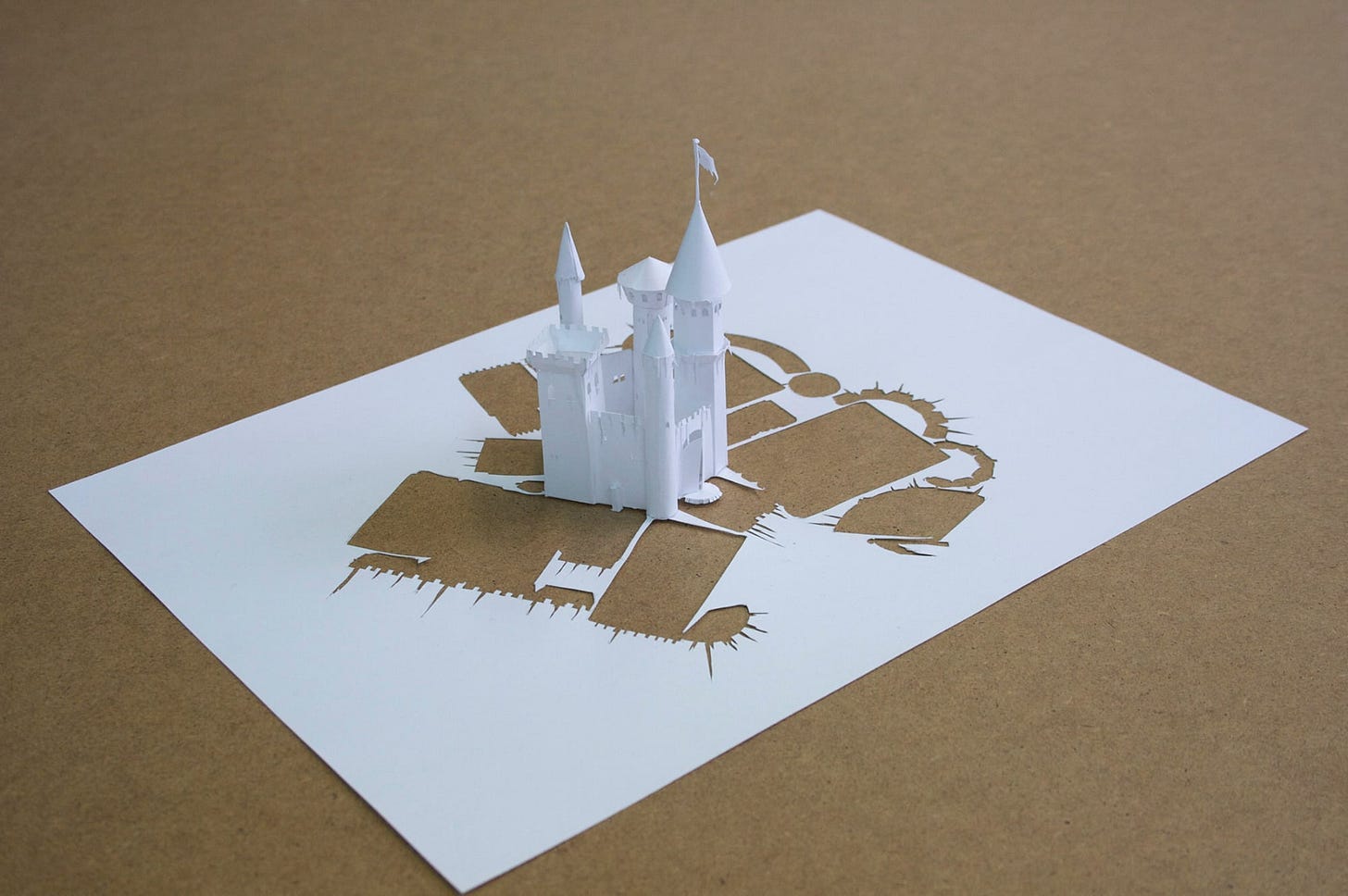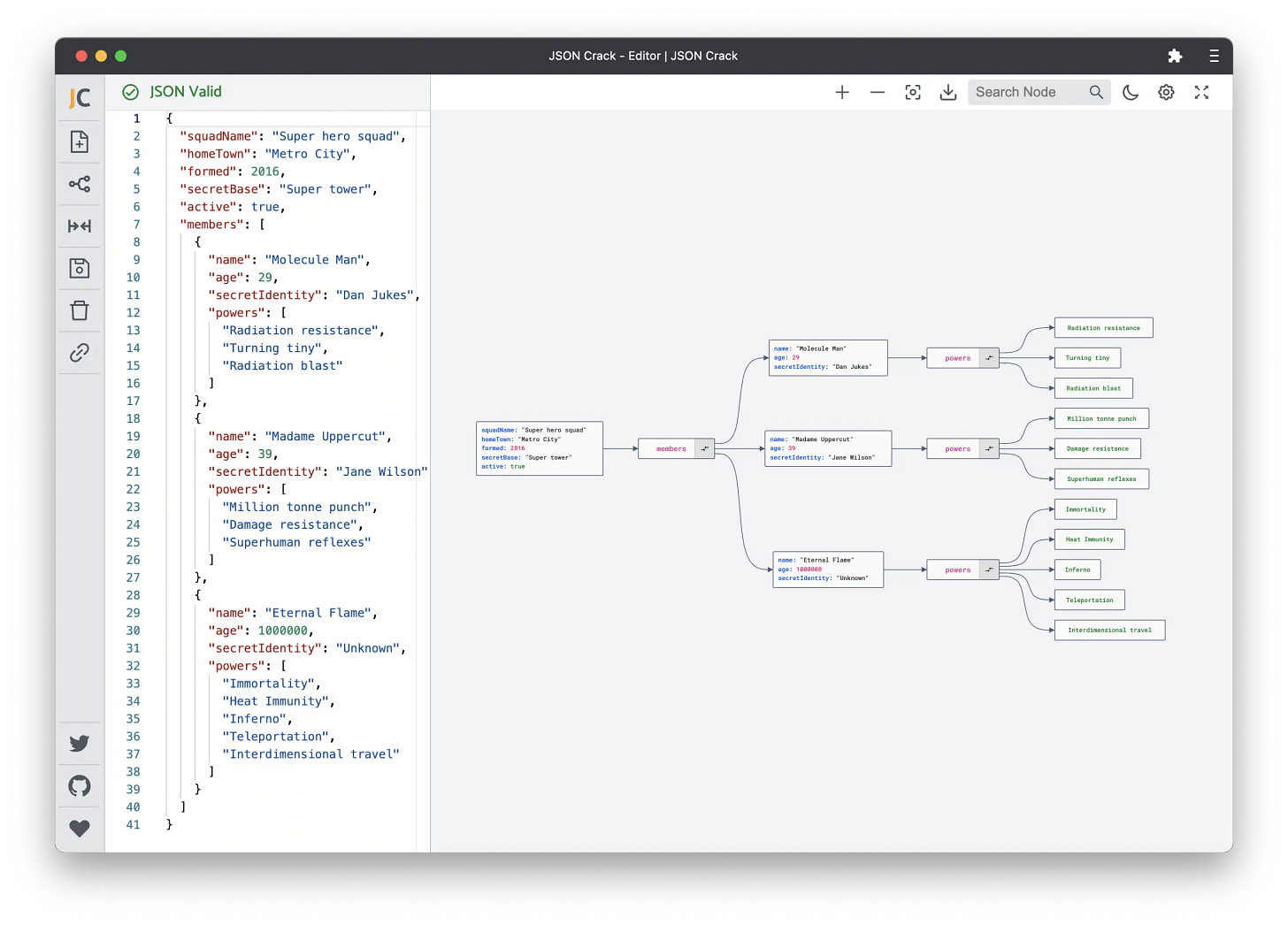For those of you in the data analytics community, you probably couldn't skip the Coalesce conference. If you live outside that niche analytics engineering thing, Coalesce is "the messe of the modern analytics" organized by dbt Labs, the great team behind dbt tool.
What's really interesting in that kind of conference is not the technical parts and the announcement of new features : it's the community talks, the conceptual talks, those where we go beyond the technology. I really loved "The missing link: Design as a daily activity" by Ashley Sherwood
Her talk was such a great advocacy of design. As a practice.
As Analytic Engineers, Data Engineers, Machine Learning Engineers, Data Analysts, etc... we are often seen as "(put any technology here) expert".
We're not paid high wages for writing CASE WHEN SQL statements or awful Python code.
Partially yes, but our real work - the one that is really meaningful for us and for everyone - is to build well designed systems.
As we can't escape design (the absence of design is, itself, a design - though not a particularly good one) it's probably best to learn how to make better ones - rather than focusing on the technical details and learning the last shiny coding language or open source library.
Yes, it's important to be a great crafter and to deep dive in technology details.
But while design can compensate for poor fabrication, fabrication can't fix poor design.
📡 Expected Contents
Software-Defined Assets
Over the past two decades, the way we build software has changed. Frontend engineering has moved from jQuery, an imperative library that makes it easy to manipulate webpages, to React, which allows writing JavaScript that declares the components you want on the screen. The DevOps community has embraced Infrastructure as Code — it’s moved from imperative shell scripts that spin servers up and down to frameworks like Terraform, which allow you to simply declare the servers you want to exist.
What about the data world ?
Dagster come here by applying the declarative approach to data by defining data assets.
To me, it's looking like THE paradigm shift we were waiting !
By focusing on asset rather than tasks, software-defined assets put what really matter at the center : the tables, the dashboard, the machine learning model. The data asset.
The declarative approach also bring the concept of "orchestration as reconciliation" :
Reconciliation-based orchestration means observing discrepancies between how the world "is" to how the world "should be", and then, depending on the scheduling policy, launching any computations that are required to make them match. [...] Scheduling based on this comparison offers a path to increased confidence that assets are up-to-date, insight into why they’re not up-to-date, and less wasted computation.
Definitely worth reading the blog post or watching the corresponding talk !
Long live to the command line
I already wrote about how terminal is still the best computer interface we have today. But I'm even more convinced since I discovered those little beauty applications from charm.sh.
It's a bit geeky, still useful and it's working like a charm...
Shut up and take my money ! By the way it's all open source !
Data Journalism = Wizardry
If only every content we consume online were as well rendered as this incredible article from the Financial Times...
"The 90km journey that changed the course of the war in Ukraine" is a real documentary on how "Ukraine turned months of resistance into a full-on offensive supported by advanced western weapons and military intelligence".
We were talking about design in the beginning of this issue : this scrollytelling piece is bloody wizardry at all levels !

Crack you JSON
If like me you're bowered about reading and parsing JSON in your code editor, you should love that tool : JSON crack is a simple web app to visualize JSON into graphs
📰 The Blog Post
From time to time I don't come with a proper blog post. So in that case I will now share a book I loved and a related quote !
I'm currently reading Four Futures by Peter Frase , a book expending on what could come after capitalism. It comes with great ideas and reflexion space :
Automation continues to proceed even in agriculture, which once consumed the largest share of human labor but now makes up a tiny fraction of employment, especially in the United States and other rich countries.
In California, changing Mexican economic conditions and border crackdowns have led to labor shortages. This has spurred farmers to invest in new machinery that can take on even delicate tasks like fruit harvesting, which have until now required the precision of human hand.This development illustrates a recurrent capitalist dynamic: as workers become more powerful and better paid, the pressure on capitalists to automate increases.
When there is a huge pool of low wage migrant farm labor, a $100,000 fruit picket looks like a wasteful indulgence. But when workers are scarce and can command better wages, the incentive to replace them with machinery is intensified.
🎨 Beyond The Bracket
As I mentioned in the previous issue, I'm going more and more serious on my film hobby. Beyond taking pictures I'm having good time creating series of photos.
I'm currently processing and picking pictures from my time to the South of France, with a common element : water. That work of selection and filtering is really pleasant, and I'm always amazed to see what comes out of it. It makes me appreciate those photographies more, even if I'm the one who took them.
As I'm going through this work, I'm also realizing that I'm starting slowly to develop my own style, and that's really rewarding.
I will probably finish this series by releasing a simple zine. I never did one before, so it's going to be a fun little project. Here's a little preview of some of the pictures I'm currently processing :
If you like them and want to receive the final zine in your mailbox, hit reply ✉️!
Hope that issue was a great read to you !
We hit the 250 subscribers recently 🎉 . Not a big number for today's Internet, but it's still something to me 💖. Thanks a lot to let me enter your inbox every month !
See you in December !












